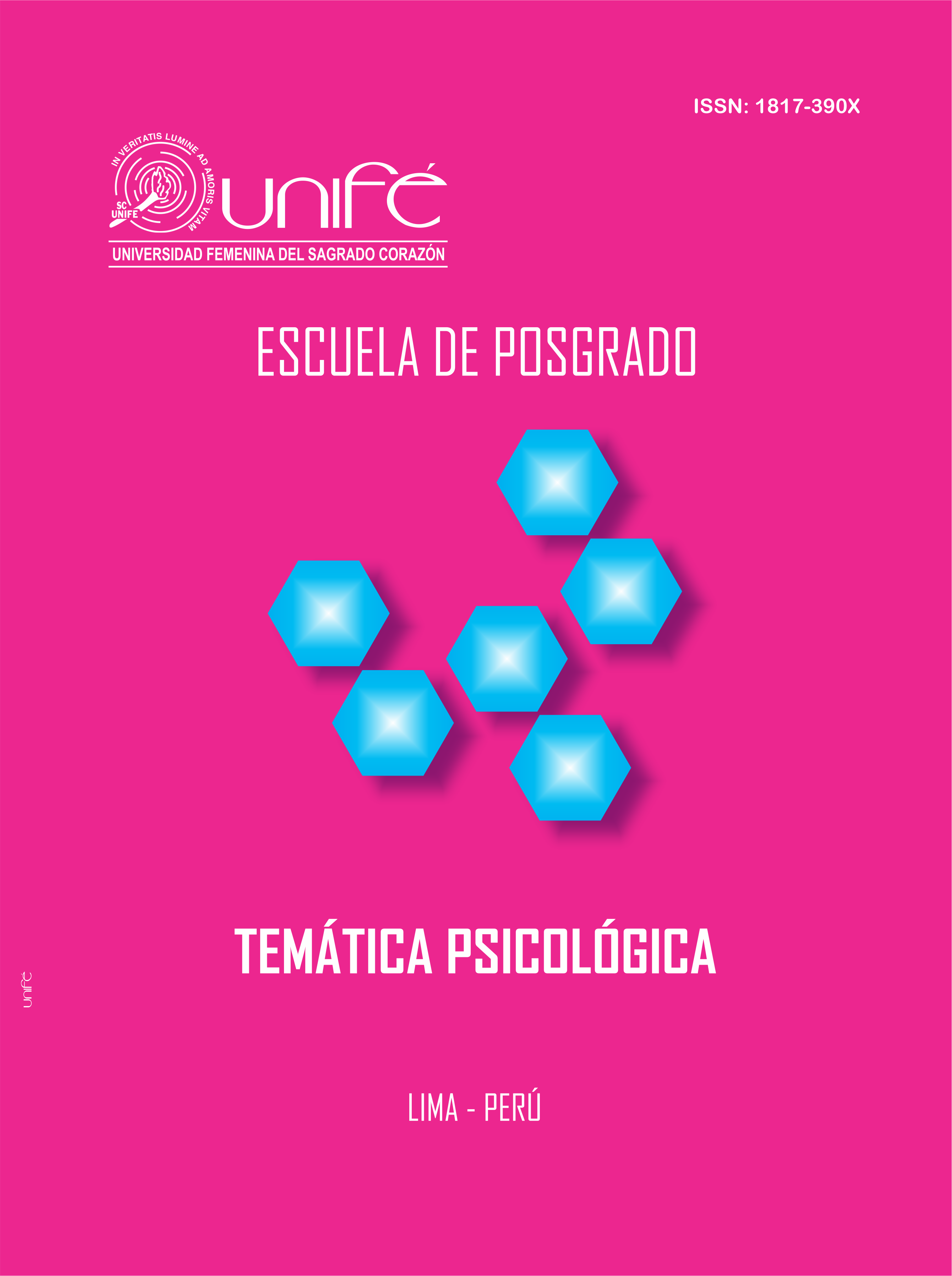Family functioning and academic performance in the school of Education and Human Sciences in a private university
DOI:
https://doi.org/10.33539/tematpsicol.2010.n6.859Keywords:
family functioning, academic performance, family and schoolAbstract
The present research aims to study the relationship between family functioning and academic performance
variables of first and second term students of the Faculty of Education and Human Science in a private university.
The MacMaster Model of Family Functioning (MMFF) described by Epstein, Baldwing and Bishop (19983)
was used in this study. The model identifies seven dimensions on family functioning: problem solving, role
functioning, communication, affective responsiveness, affective involvement, behavioral control and general
functioning. The Family Assessment Device (FAD) scale based on the McMaster Model of Family Functioning
(MMFF) was used for assesing family functioning dimensions. The academic performance average’s indicator
was obtained from the student’s grades during the first term of studies in 2008.
The relationship among every dimension and the academic performance on a sample of 193 students was
analyzed, in which the families of the students with high academic performance are more functional in almost
all dimensions, except the one related to the role functioning. Therefore, the family functioning level has a
significant relationship with the academic performance in the first and second term students of the School of
Education and Human Sciences, with the exception of the role functioning dimension in which a significant
correlationship was not found.


